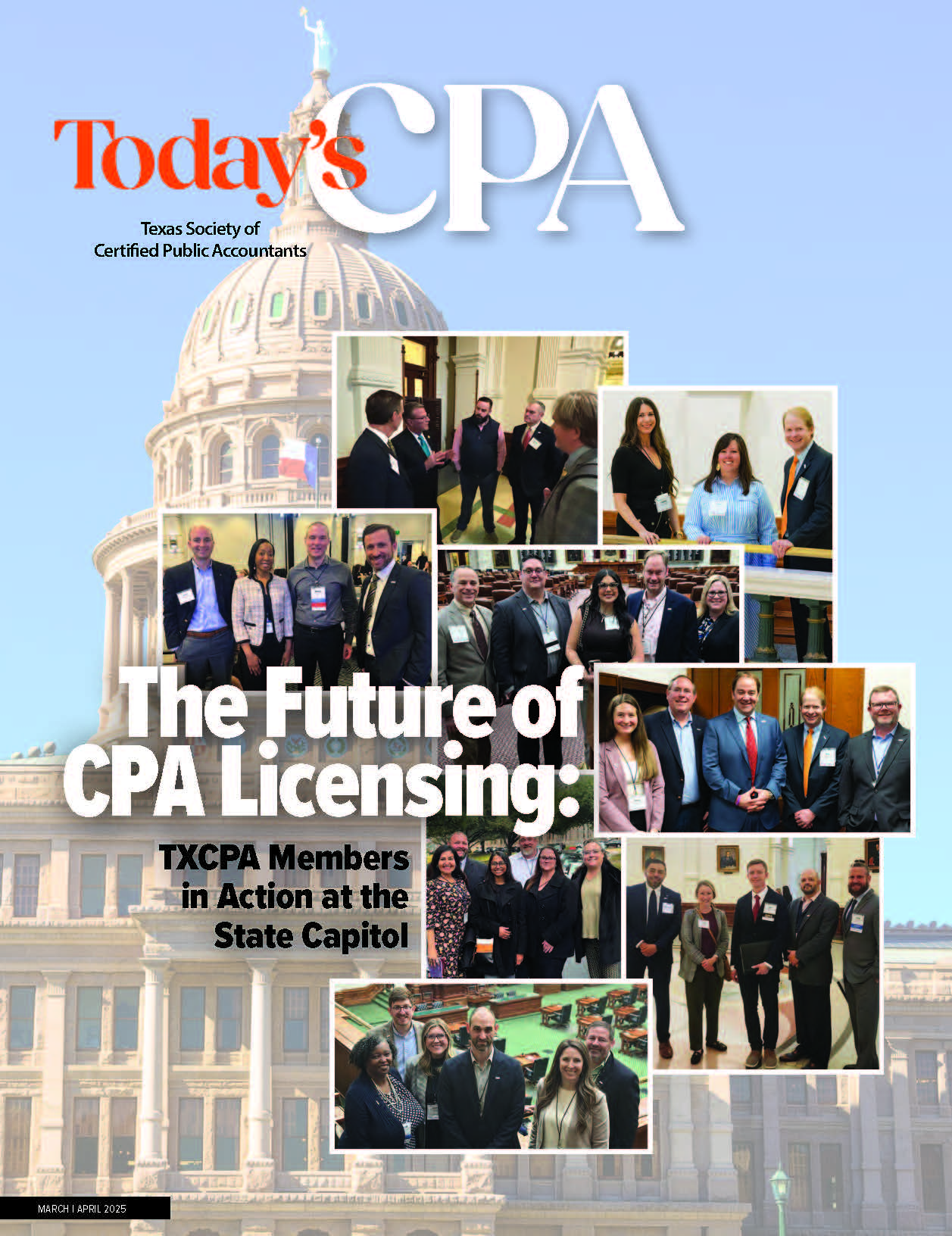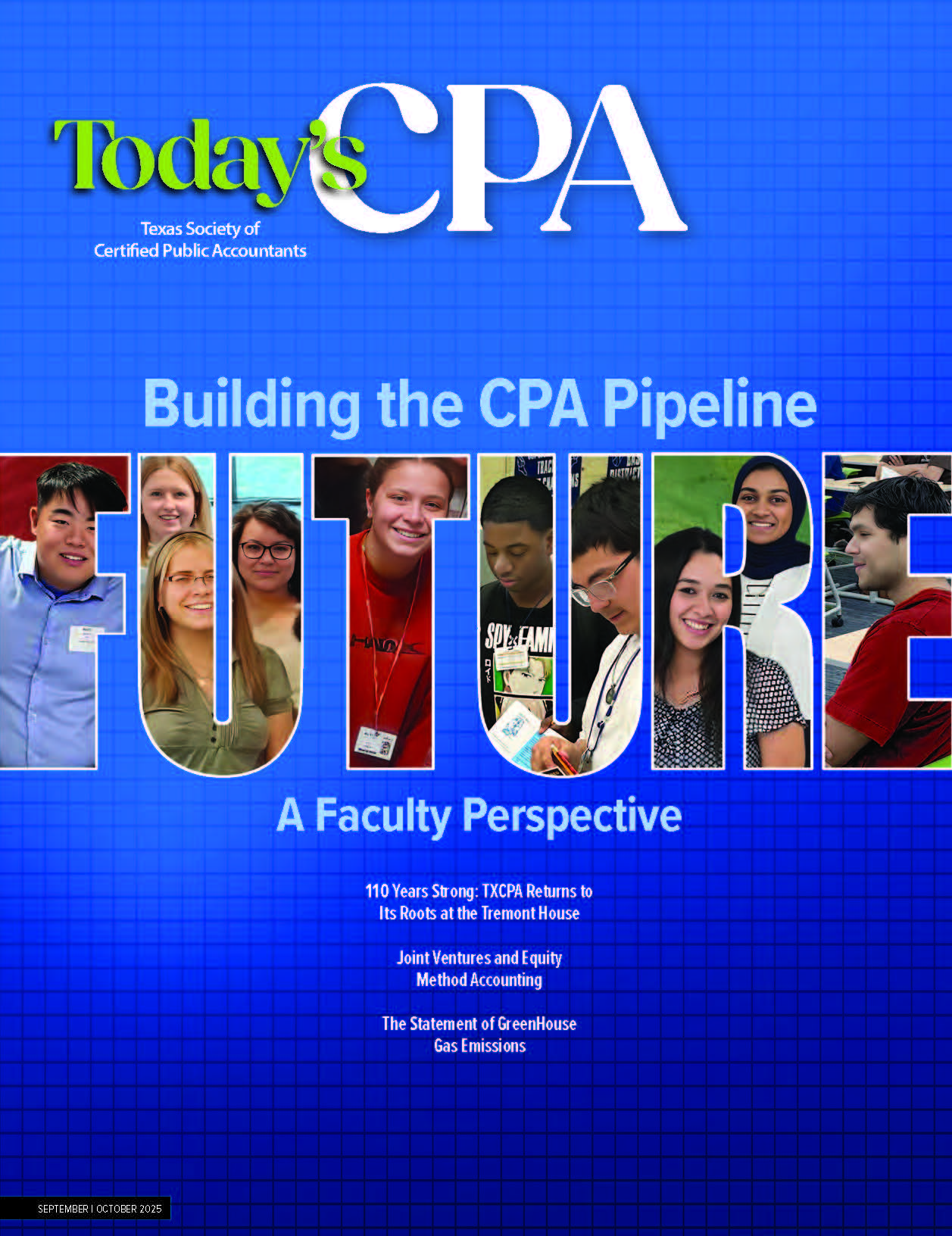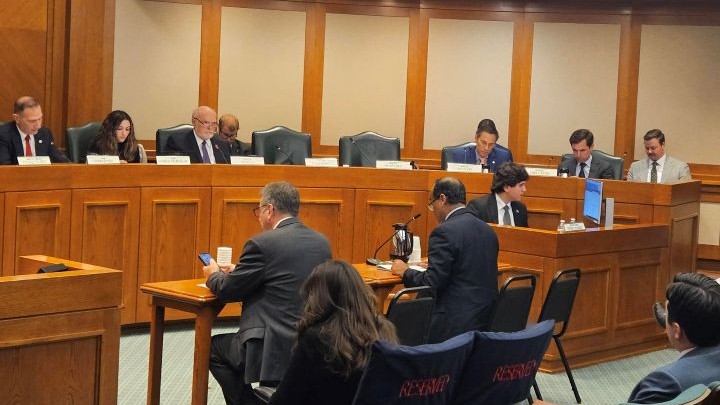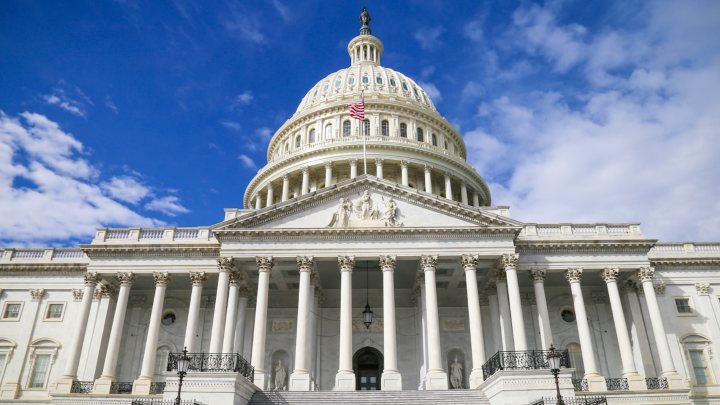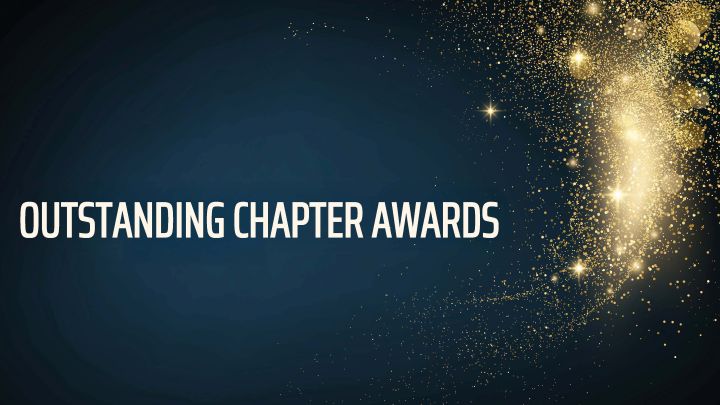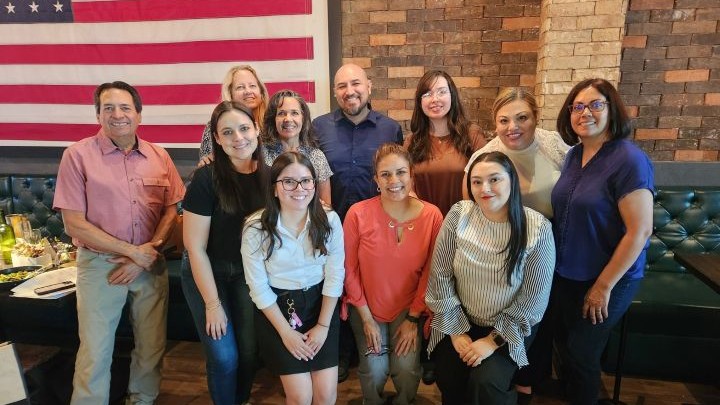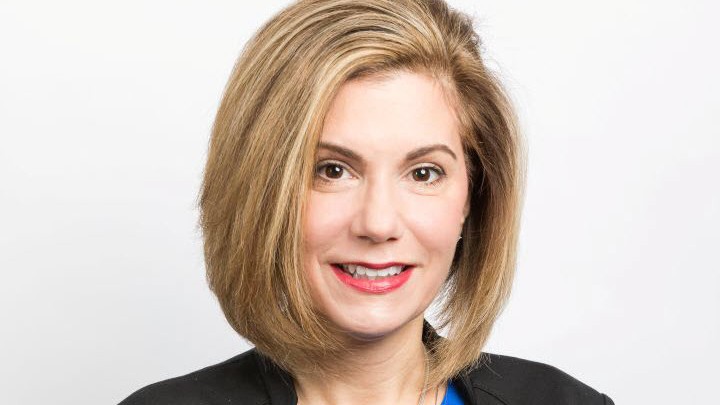Understanding Sustainability Accounting Standards Board Standards
By Sunita Rao, Ph.D., and Barbara Scofield, Ph.D., CPA
The Sustainability Accounting Standards Board (SASB) standards are guidelines to companies for reporting on environmental, social and governance (ESG) matters that have a material financial impact on business, governmental and nonprofit entities. The SASB standards fulfill this mission by providing a framework of quantitative and qualitative metrics to operationalize the sustainability goals of organizations based on industry categories.
The SASB framework was adopted by the International Sustainability Standards Board (ISSB) of the International Financial Reporting Standards (IFRS) Foundation as of August 2022 and represents the ESG standards in international financial reporting. The SASB standards contribute greatly to the IFRS S1 General Requirements for Sustainability-related Disclosures and IFRS S2 Climate-related Disclosures.
SASB was founded in 2011 and is overseen by the SASB Foundation of 18 members that includes former chairs of the SEC and FASB, Big Four partners, and financial professionals associated with banking, investments, insurance, government, and education. The SASB organization and procedures are modeled on the Financial Accounting Standards Board (FASB), but unlike FASB standards that generally apply equally to all companies, companies select from 77 industry-specific SASB standards that represent a minimum set of disclosures on sustainability topics relevant to each industry. The current disclosures are the result of ongoing revisions to the original provisional standards based on research and stakeholder input.
According to Jeffrey Hales, “While the SASB standards continue to exist, the SASB Standards Board, which consisted of 11 members, was dissolved at the time the VRF [Value Reporting Foundation] was consolidated into the IFRS Foundation. The ISSB now has full responsibility for the maintenance and enhancements of the SASB standards. Three of the 14 inaugural members of the ISSB had been members of the SASB Standards Board. Recently, the ISSB has launched an initiative to do a more comprehensive enhancements project.”
In addition, the SASB website (https://help.sasb.org/hc/en-us) says that a group of ISSB members, including the current Chair, Jeffery Hales, are “tasked with developing recommendations for the ISSB related to the maintenance, evolution and enhancement of SASB standards. The group will develop drafts of the required exposure drafts of amendments to the SASB standards and, after considering the stakeholder feedback, drafts of the final amendments. The ISSB as a full board will consider the recommendations of this group in ISSB meetings (which are public) and ratify the exposure drafts and, subsequently, the final amendments prepared by the group. The comment period for the exposure drafts will be the same as for those related to IFRS Sustainability Disclosure Standards.”
The standards include a mix of quantitative metrics and company-specific discussion and analysis that provides material and cost-effective information beyond what is currently required by FASB or the SEC. They are based on the SASB Materiality Map® that identifies the particular sustainability issues that are relevant for each industry.
The map organizes 26 separate sustainability issues into five dimensions of sustainability: Environment, Social Capital, Human Capital, Business Model & Innovation, and Leadership & Governance. However, each industry’s Materiality Map® includes just those dimensions and sustainability issues that are likely to have a material impact on a company’s financial results of a company in that industry. However, companies have to pay licensing fees to SASB to get access to the materiality map.
SASB introduced the Materiality Finder in Oct 2021, which proved to be beneficial for both companies and industries to find relevant material topics and to compare them alongside each other. The Materiality Finder can be freely accessed by everyone.
For example, the oil & gas industry has four separate industry standards: Production and Exploration, Midstream, Refining and Marketing, and Services. The Materiality Finder for Oil & Gas – Production and Exploration includes 10 disclosure topics and the SASB standards provide 27 separate metrics spread across 11 dimensions. Table 1 provides an example of the types of metrics in the SASB standards for the Oil & Gas - Exploration and Production as Provided in the Standards for Oil & Gas - Exploration and Production. Source: SASB standards at https://sasb.ifrs.org/standards/download/.
Table 1. Sustainability Topics for Oil & Gas: Exploration and Production* | |
| Sample Issue | Sample Metric |
| Greenhouse Gas Emissions | Gross global Scope 1 emissions, percentage methane, percentage covered under emissions-limiting regulations |
| Human Rights & Rights of Indigenous Peoples | Percentage of (1) proved and (2) probable reserves in or near indigenous land |
| Workforce Health & Safety | Discussion of management systems used to integrate a culture of safety throughout the exploration and production lifecycle |
| Reserves Valuation & Capital Expenditures | Amount invested in renewable energy; revenue generated by renewable energy sales |
| Business Ethics & Transparency | Description of the management system for prevention of corruption and bribery throughout the value chain |
Jean Rogers, founder of SASB, described how the SASB framework is designed to “help public corporations disclose material, decision-useful information to investors in their mandatory filings such as the Forms 10-K or 20-F” in her remarks to the SEC Investment Advisory Committee in 2016. The SEC regulations on sustainability are currently on hold at this time, but companies adopting SASB standards currently are part of more than 3000 companies worldwide that have chosen to enhance their identification, management and communication of material sustainability and climate related threats and, as a result, boost corporate performance.
 About the Authors:
About the Authors:
Sunita Rao, Ph.D., is an Associate Professor at Washburn University in Topeka, Kansas. Her research interests are sustainability reporting and assurance, firm financial performance, corporate governance and executive compensation. Her recent publications are in Administration & Society in 2023 and Corporate Ownership and Control in Feb 2022. She is on the editorial board of the Journal of Accounting, Ethics and Public Policy.
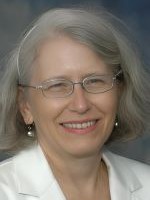 Barbara Scofield, Ph.D., CPA, is Professor of Accounting in the School of Business at Washburn University. Contact her at barbara.scofield@washburn.edu.
Barbara Scofield, Ph.D., CPA, is Professor of Accounting in the School of Business at Washburn University. Contact her at barbara.scofield@washburn.edu.
Thanks to the Sponsors of Today's CPA Magazine
This content was made possible by the sponsors of this issue of Today's CPA Magazine:
